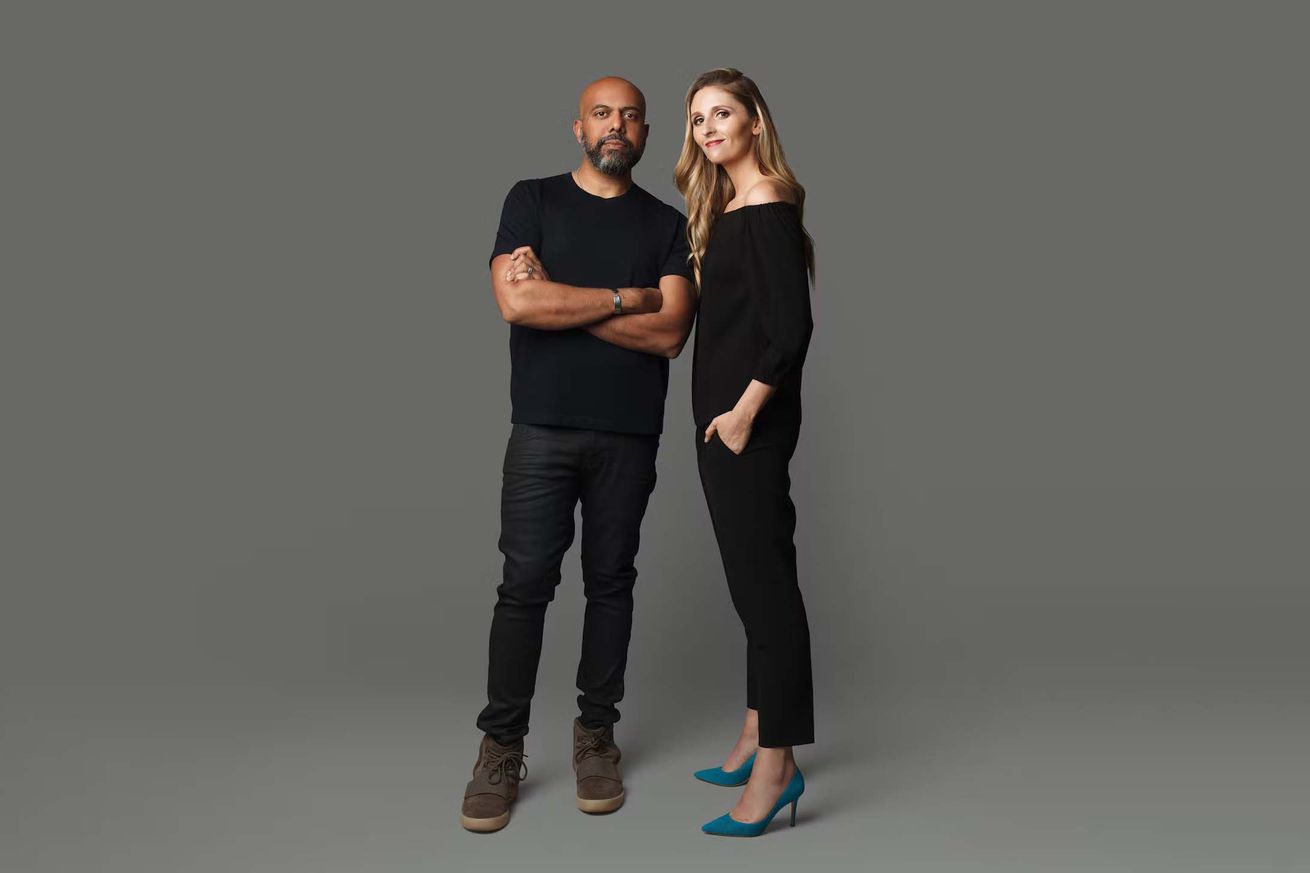
Is buzzy startup Humane’s big idea a wearable camera?
Humane, a secretive startup led by two former Apple executives and staffed by several ex-Apple employees, has secured a further $100 million in investment as part of a new funding round, the company has announced. The Series C round includes investments from Microsoft, OpenAI founder Sam Altman, Volvo and LG, and brings Humane’s total funding to $230 million (per Crunchbase). The company appears to be working on a wearable camera device, if an apparent leaked pitch deck from 2021 is anything to go by.
But despite the investment it’s generated, and its plans to reveal an “initial product offering” as early as this spring, it’s still unclear exactly what Humane actually plans to do as a company. Its press release notes that it’s hoping to create “a first-of-its-kind software platform and consumer device built from the ground up for artificial intelligence (AI).”
“A first-of-its-kind software platform and consumer device built from the ground up for artificial intelligence”
Humane was founded in 2018 by ex-Apple employees Bethany Bongiorno and Imran Chaudhri, who The Wall Street Journal describe as “husband and wife co-founders.” Bongiorno serves as Humane’s CEO and previously worked on the software engineering side at Apple, while Chaudhri serves as chairman and president at Humane, and was previously a director of design on the Apple human interface team. Humane’s chief technology officer is Patrick Gates, who was previously a senior director of engineering at Apple.
“Our first device will enable people to bring AI with them everywhere. It’s an exciting time, and we’ve been focused on how to build the platform and device that can fully harness the true power and potential of this technology,” Chaudhri said in a statement.
More detail can be found in a leaked investor pitch deck from 2021, which was published by John Gruber over at Daring Fireball. The slides, which The Verge has been unable to independently verify the authenticity of, describe a wearable device equipped with a camera that “captures moments you didn’t think to capture” or “moments you want to recall.”
“You can mark them by tapping record and those moments will be cued to be processed on the server so you can recall them in different styles, either as images or videos.” The pitch deck describes how the company hopes its AI software will be able to edit together clips in different styles (“filmmaking, documentary, lifestyle”) and respond to gestures and questions like “What car is that?” or “What is that building?” (Though it’s unclear whether it can respond to these questions in the moment, or when reviewing footage later.)
The slides list other planned functionality for the camera including “Personal live broadcasting” on platforms like Instagram and Snapchat, “Senior monitoring” to remotely check in on a loved one, and “Memory recall.”
Although there’s no guarantee that Humane is still developing exactly the same product today as it was in 2021, there’s some overlap here with a 2022 report from 9to5Google based on company patent filings and job listings. The report describes a wearable device with a laser projection system rather than a traditional screen, and that’s capable of projecting an interactive display onto any surface. There’s also talk of using cameras, sensors, and microphones to recognize air gestures and spoken queries. Like the pitch deck, the patent also mentions using the device for live broadcasting, senior monitoring, or to recall memories.
This whole concept is a familiar one. The idea of lifelogging has been a part of the tech scene for decades, coming in and out of fashion with new hardware. In the early 2010s there were devices like Autographer and Memento, and towards the end of the decade cameras like the MyMe and Google Clips (though the latter was about using AI to selectively document certain events rather than 24/7 recording). More recent devices offered similar functionality to Humane’s rumored product: using AI to sort and highlight the best footage. But the trend has never really taken off, either because of privacy concerns, the inconvenience of wearing a camera, or because the end results just weren’t that good.
As part of the funding announcement, Humane says it’s partnering with Microsoft to leverage its cloud infrastructure, and will integrate technology from OpenAI into its device. There’s also mention of collaborating with LG and Volvo to explore how Humane’s technology might be used in home technology and automotive products in the future.

